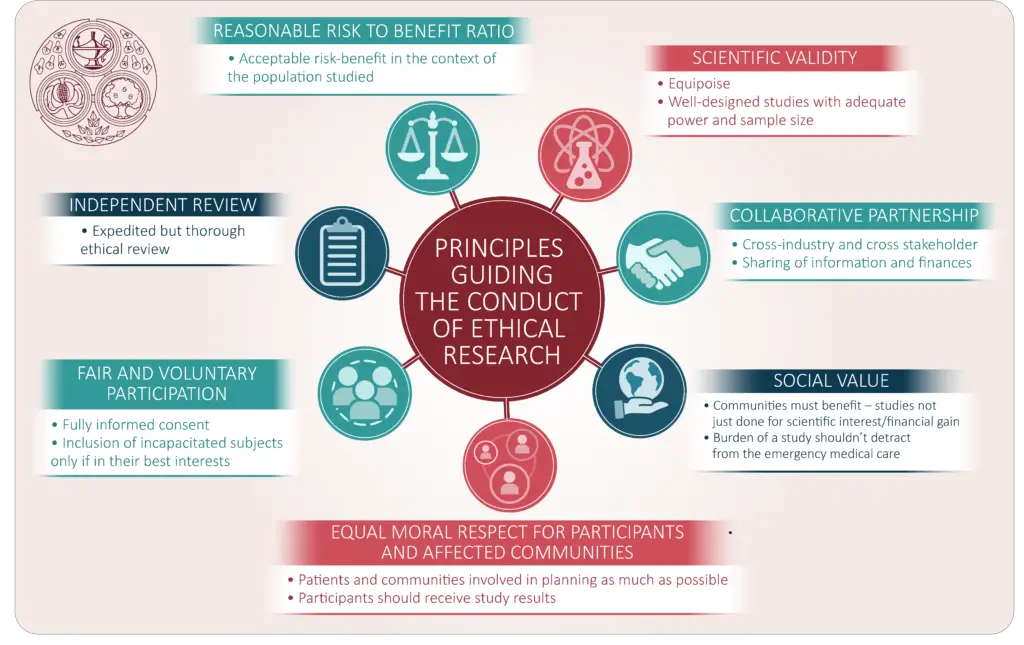Navigating the Ethical Considerations of Using Microsoft Copilot

Microsoft Copilot is an AI-powered programming assistant that can suggest code completions, entire functions, and even full programs to developers. While Copilot can greatly improve developer productivity, it also raises important ethical considerations that should be navigated carefully to ensure responsible and ethical use of the technology.

Authorship and IP Rights: Copilot is designed to aid developers in writing code and should not be regarded as the primary author of code. It is essential to acknowledge the contributions of Copilot by including appropriate attribution in code comments, documentation, and licenses. Developers should also refrain from using Copilot-generated code without reviewing and understanding it to avoid potential errors or vulnerabilities.

Bias and Fairness: Copilot’s suggestions are trained on a massive dataset of code, which may contain biases that can be reflected in the generated code. Developers should be aware of these potential biases and take steps to mitigate them by using diverse and unbiased training sets and ensuring that the generated code is free from discrimination or unfairness.
Safety and Security: Copilot’s suggestions are not guaranteed to be safe or secure. Developers should always thoroughly review and test Copilot-generated code before using it in live applications or systems, to prevent potential security vulnerabilities or errors.
Transparency and Disclosure: Developers using Copilot should disclose its use in code documentation and to end users. This transparency helps ensure that stakeholders are aware of the role AI has played in code development and enables appropriate decision-making and risk assessment.
Continuous Monitoring and Evaluation: The ethical implications of Copilot use may evolve over time as the technology and its usage patterns change. Developers and organizations should engage in continuous monitoring and evaluation to identify and address any ethical concerns that arise from ongoing use of Copilot, adjusting their policies and practices accordingly.
Conclusion:
Microsoft Copilot is a powerful tool that can significantly enhance developer productivity. However, its ethical implications must be carefully considered to ensure responsible and ethical use. Developers and organizations should adopt clear guidelines, promote transparency, mitigate biases, address safety concerns, and continuously monitor and evaluate Copilot’s usage to ensure its ongoing ethical deployment and adoption. By embracing these considerations, the benefits of Copilot can be harnessed without compromising on ethical principles and ensuring the long-term responsible use of AI-assisted programming tools.Navigating the Ethical Considerations of Using Microsoft Copilot
Executive Summary
Microsoft Copilot, an AI-powered coding assistant, raises ethical concerns regarding authorship, ownership, and potential bias. This comprehensive guide provides insights into the ethical considerations and best practices for utilizing Copilot responsibly.
Introduction
Microsoft Copilot’s integration into coding workflows has sparked discussions about its ethical implications. Understanding these ethical considerations is crucial for individuals and organizations to leverage Copilot’s capabilities while ensuring responsible use.
Subtopics
1. Authorship and Attribution
- Definition: Determining the authorship of code generated with Copilot.
- Key Points:
- Copilot generates code from existing datasets, so the code is not solely created by the user.
- The extent of the user’s contribution should be acknowledged.
- Clear guidelines should be established for attributing authorship.
2. Ownership and Copyright
- Definition: Establishing who owns the copyright to code generated by Copilot.
- Key Points:
- Microsoft owns the underlying Copilot technology.
- Users own the code they create using Copilot, but may have limitations due to Copilot’s licensing terms.
- Joint ownership arrangements may need to be considered in certain situations.
3. Bias and Discrimination
- Definition: Identifying and mitigating potential bias in AI systems, including Copilot.
- Key Points:
- Existing datasets used by Copilot may contain biases that could influence code generation.
- Users should critically evaluate Copilot’s suggestions to avoid reinforcing biases.
- Developers should be aware of the potential for bias and take proactive measures.
4. Privacy and Security
- Definition: Protecting the privacy and security of user data used by Copilot.
- Key Points:
- Microsoft has implemented security measures to protect user data.
- Users should be aware of the privacy policy and terms of use.
- Best practices for data handling should be followed to minimize risks.
5. Impact on Employment
- Definition: Exploring the potential impact of AI assistants like Copilot on the IT job market.
- Key Points:
- Copilot can automate certain coding tasks, potentially reducing the demand for certain skillsets.
- However, it can also enhance productivity and enable developers to focus on more complex tasks.
- Regular training and professional development are essential to stay relevant in the evolving job market.
Conclusion
Navigating the ethical considerations of using Microsoft Copilot requires careful examination and proactive measures. By understanding the key ethical subtopics and their implications, individuals and organizations can harness the benefits of Copilot while minimizing potential risks. Responsible use, transparency, and ongoing dialogue will foster a positive and ethical environment where AI and human ingenuity complement each other.
Keyword Tags
- Microsoft Copilot
- Ethics of AI
- Authorship and Attribution
- Ownership and Copyright
- Bias and Discrimination
FAQs
-
Is Microsoft Copilot fully owned by the user?
Yes and no. Users own the code they create, but Microsoft owns the underlying technology. -
Can Copilot’s suggestions be biased?
Yes, Copilot’s suggestions may contain bias based on the training data used. -
Is my data secure when using Copilot?
Microsoft has implemented security measures to protect user data, but best practices should be followed. -
Will Copilot replace developers in the job market?
No, it is unlikely that Copilot will fully replace developers, but it may shift the focus of their work. -
Is attribution required for code generated with Copilot?
Yes, the extent of the user’s contribution should be acknowledged in attribution.
